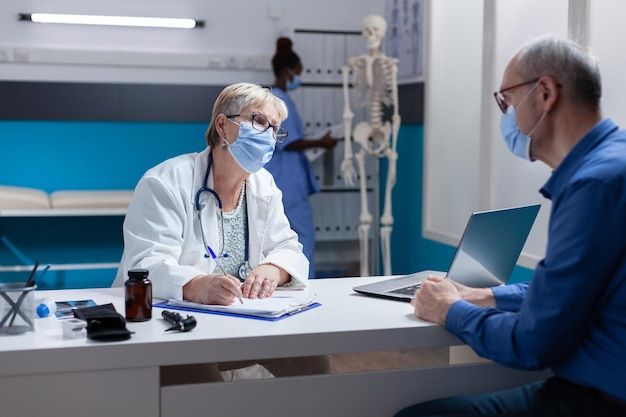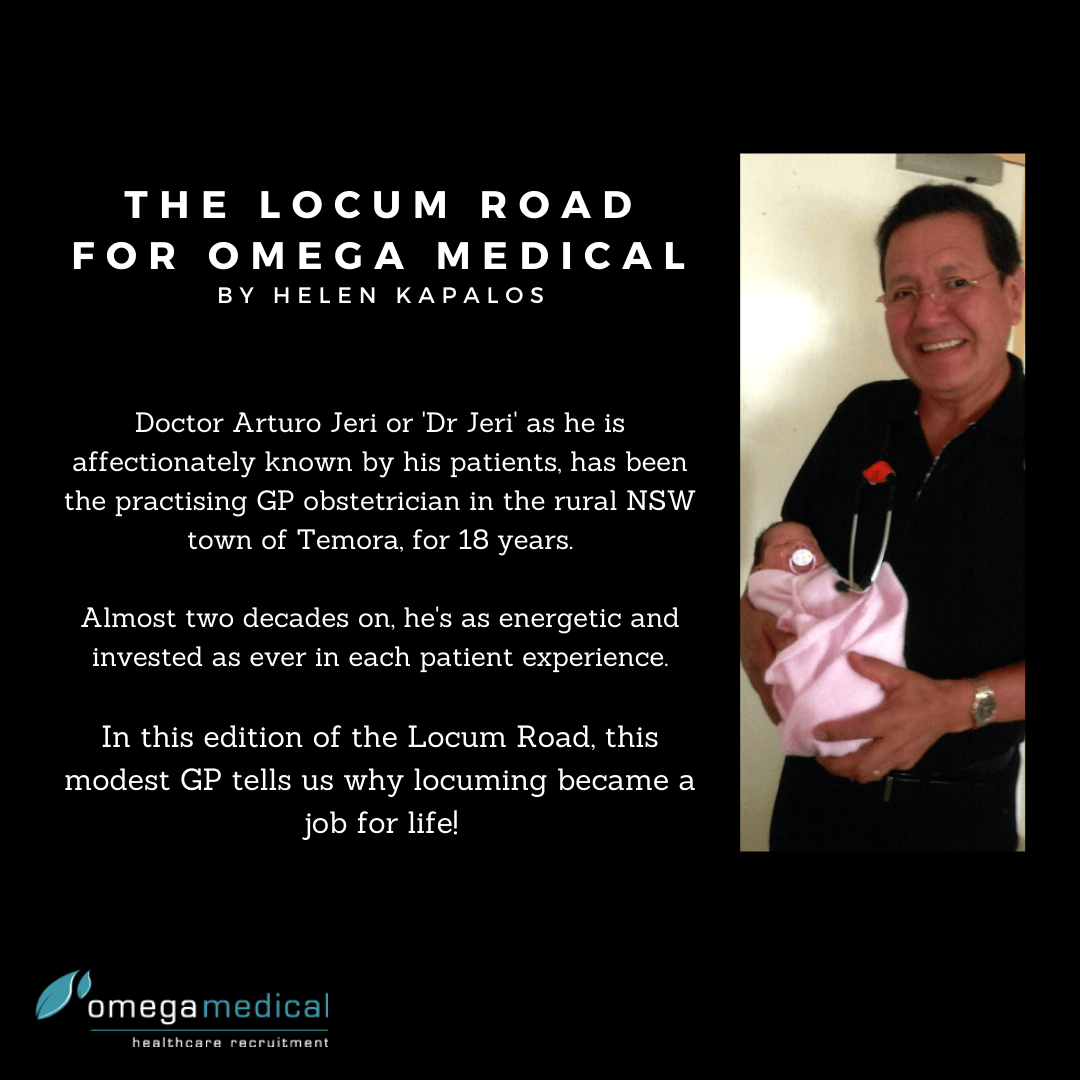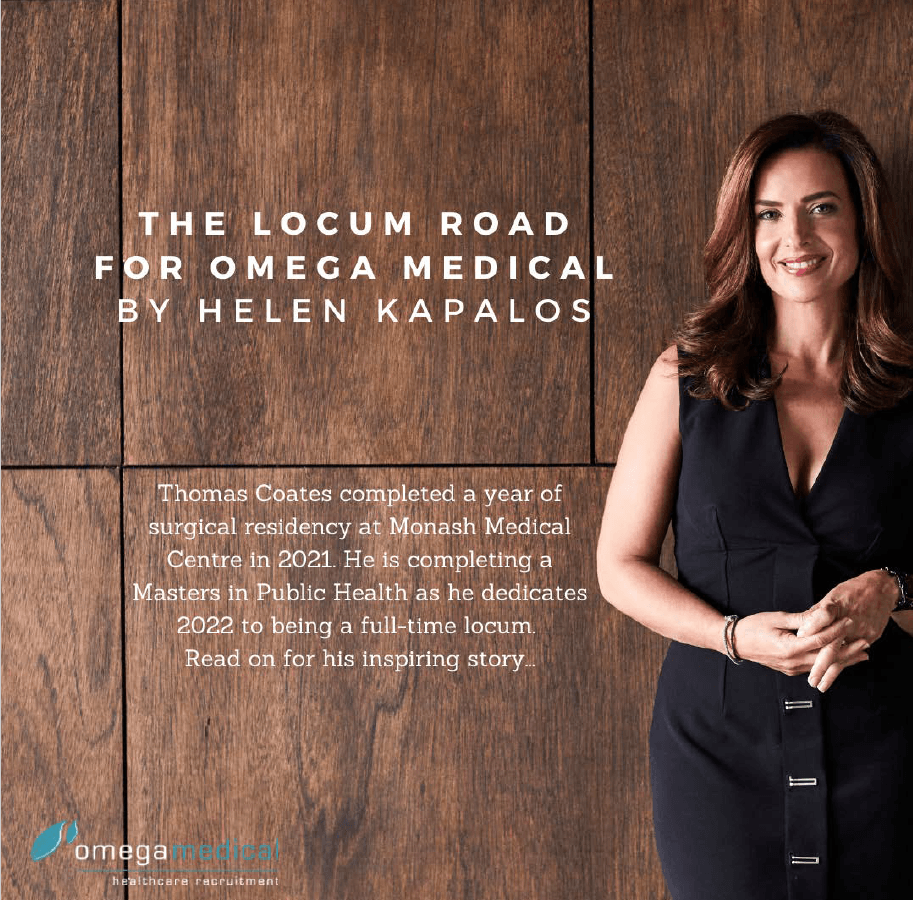Find out what it is like to work as a locum in regional, rural, and remote parts of Australia. Visit our blog to read more.
While cosmopolitan cities are understandably popular with locums, don’t ignore the many opportunities in regional, rural or remote Australia.
For starters, there’s a huge variety. You can join a farming community in rural Tasmania, care for miners in the Western Australian desert, live as a local in a vibrant regional town or treat tourists in tropical Far North Queensland. You could even be part of a remote Aboriginal community.
There’s a wide range of facilities too – from large modern hospitals with specialist staff through to outback settlements where a single GP is supported by Australia’s famous Royal Flying Doctor Service. So there really is something for every locum.
Rural and remote places have higher health risks and rates of chronic disease and injury than cities, and health facilities are generally dispersed over a large area. GPs in these locations must be generalists, able to cope with a diverse caseload. As well as working from a practice, they are often on call for hospital duties such as emergency admissions or minor surgery.
There’s much more procedural work than in a city practice, and more autonomy. So if you’re looking to expand your professional experience, these assignments are ideal. You may even encounter diseases that are rarely seen in urban areas.
“The variety of practice means there’s never a dull day; you experience everything from emergency treatment through to acute and chronic care,” says Dr Emma Cunningham, who works in Cooma, a regional town in New South Wales.
Being able to practise ‘cradle to grave medicine’ is another motivator. The ability to guide someone through the treatment cycle, take a holistic approach and build strong working relationships with patients appeals to city doctors.
Specialist locums like regional and rural assignments because, rather than being stand-alone, they are part of a multi-disciplinary team. Usually attached to a hospital, the specialist locum works closely with local GPs, nurses and allied health professionals to provide team-based care. As well as clinical care, they provide clinical leadership, run rural training for undergraduates and trainees, and support and upskill fellow practitioners. They can also conduct research and trial new techniques – far more than in metro hospitals.
Many locums report they get a great sense of commitment, involvement and satisfaction from these assignments. This is especially true for doctors who choose to work with Aboriginal and Torres Strait Islander communities, where the burden of disease is two and a half times greater than for the general population and a dedicated locum can really make a difference.
The lifestyle is a further drawcard. It’s easier to balance work and personal time as a regional locum, and small settlements tend to be very friendly, with a strong community spirit. Many assignments are close to areas of natural beauty and are ideal for locums who like the outdoor life and an active lifestyle.
“I’ll probably stay here forever. The people are fantastic, the environment is beautiful and you get to practise a variety of tropical medicine – some of which is very unusual,” says Dr Satbir Aulakh, an overseas trained doctor working in Humpty Doo, a town of 4,000 people in the Northern Territory.
In regional, rural and remote Australia, demand for doctors outstrips supply, so there are Government incentives to boost your daily rates if you work somewhere that’s classified as a District of Workforce Shortage (DWS). Your travel, accommodation and vehicle costs will be either subsidised or – more likely - completely covered.
You can be a locum anywhere if you have general or specialist registration with the Australian Health Practitioners Registration Authority (AHPRA) and a Medicare provider number. However, for more isolated assignments, you may need additional qualifications – your locum agent will advise. The Australian College of Rural and Remote Medicine offers upskilling and refresher courses and there are government grants for eligible doctors.
Being a regional locum isn’t for everyone. It’s best for people who are open to new experiences, happy to take on extra responsibilities and enjoy being part of a close community. If this sounds like you, ask us about current opportunities.









